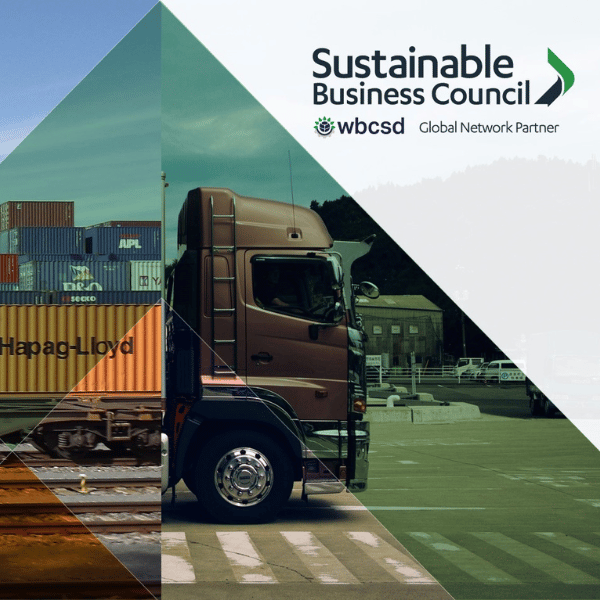The Sustainable Business Council (SBC) has partnered with Te Manatū Waka Ministry of Transport (MoT) to deliver a feasibility study looking into developing a New Zealand-wide mechanism to assist in decarbonising the heavy transport sector.
The study, released today, found that developing a system of Renewable Freight Certificates to certify low-emissions freight routes throughout the country is a feasible and achievable option. If established, this system would help fund additional low carbon freight vehicles, resulting in significant emissions reductions from Aotearoa New Zealand’s freight sector.
Additionally, the study found such a system has the potential to enable organisations to reduce their Scope 3 freight emissions – indirect emissions that occur in a business’s value chain.
“The transport sector is New Zealand’s second-largest source of greenhouse gas emissions. Movement of freight equates to approximately 5% of New Zealand’s emissions, so we are extremely pleased with the positive outcome of this study. It shows the potential for real emissions reductions, if we can create collaboration opportunities here to drive forward the development of a system of this kind,” says SBC Executive Director Mike Burrell.
“The sector presents a significant opportunity for both business and government to unlock emissions reductions and our partnership with MoT to deliver this study has been instrumental in driving the first phase of this work.”
SBC and MoT are now working actively together to look at what the next steps might be to design and create a market led freight decarbonisation system, including options for funding.
Background
A technical working group was established to support the delivery of this study, involving representatives from MoT, DETA, Toitū Envirocare and SBC.
SBC member organisations taking a leadership role in freight decarbonisation and working as collaboration partners on this work were also engaged, including ANZCO, CHEP, Coca-Cola Europacific Partners, HW Richardson, NZ Post, Z Energy, and Lyttleton Port Company.
Decarbonising transport, including the Freight sector, was a key recommendation of SBC and the Climate Leaders Coalition (CLC) joint Pre-Election Policy Priorities briefing.
In 2021 SBC’s Freight Group, comprising of 9 New Zealand companies, also released the Low carbon Freight Pathway report, setting out an ambitious but achievable 30-year pathway to progressively decarbonise New Zealand’s freight system.

